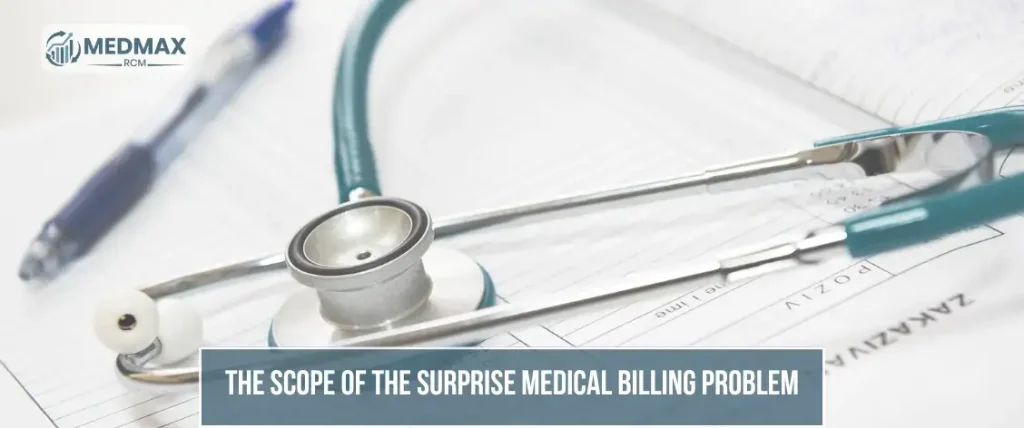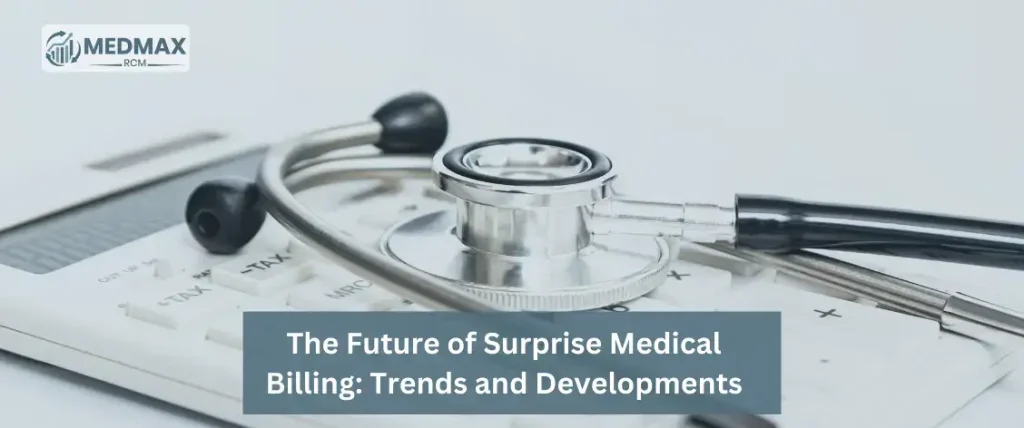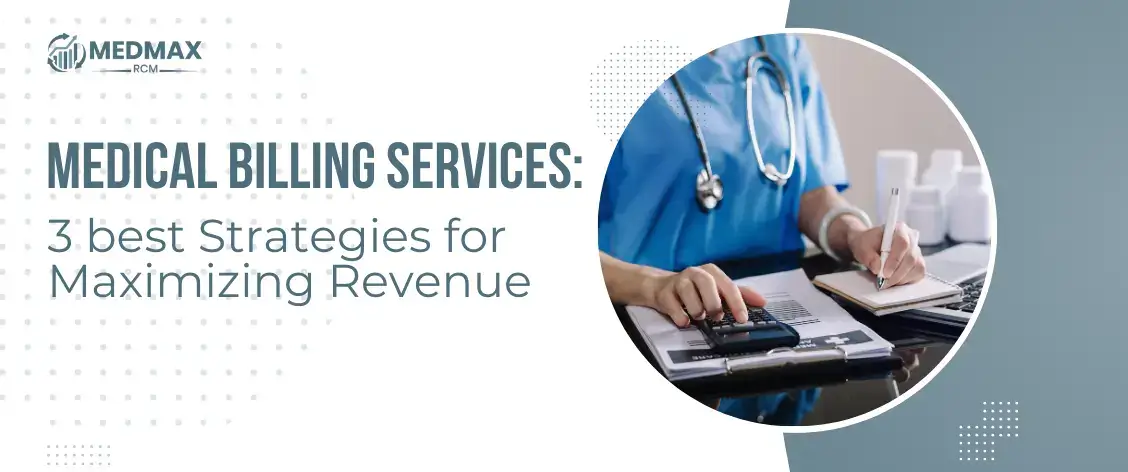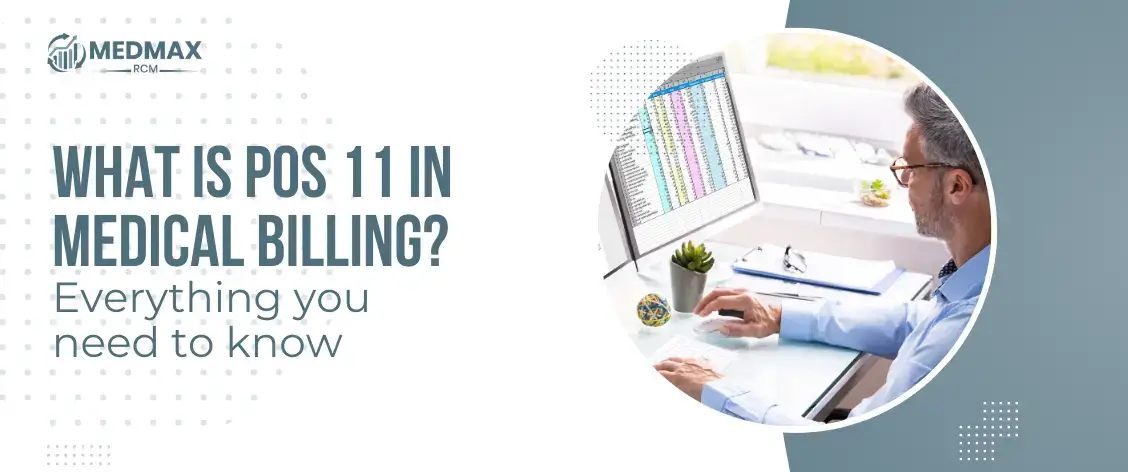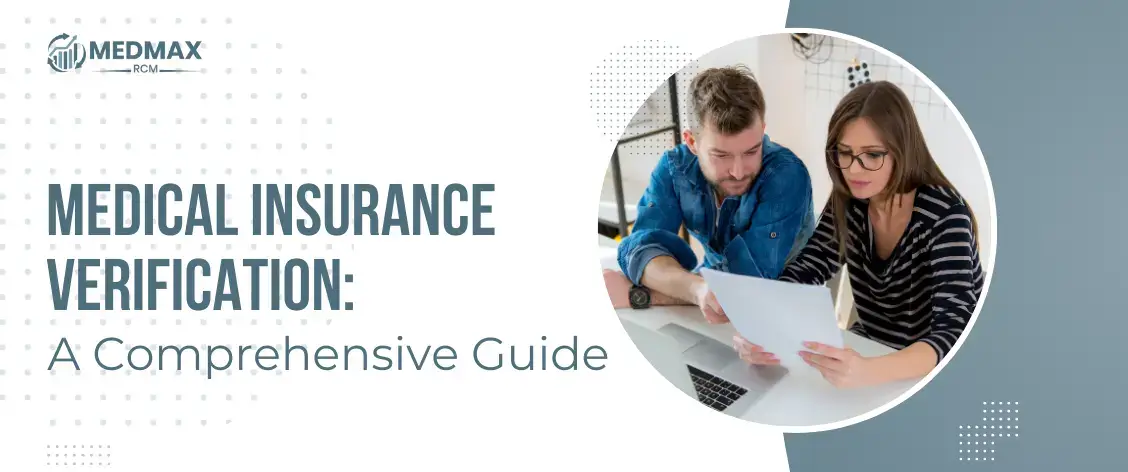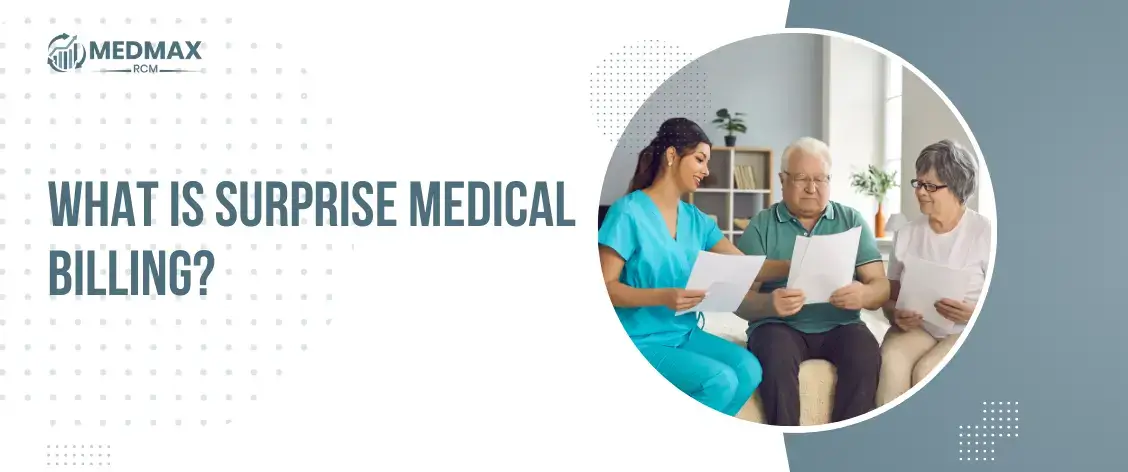
What is Surprise Medical Billing?
Table of Contents
ToggleSurprise Medical Billing
Surprise medical billing is the practice of healthcare providers sending bills to patients for medical services that were unexpected, not agreed upon, or not covered by the patient’s insurance. This can happen in situations where the patient receives care from an out-of-network provider or when the patient receives treatment in an in-network facility but is treated by out-of-network providers. Examples of surprise medical bills include those from emergency room visits, diagnostic tests, and specialist consultations that were not authorized by the patient.
The Impact of Surprise Medical Billing on Patients
Surprise medical bills can have serious financial consequences for patients, causing them to incur significant out-of-pocket expenses and damage to their credit ratings. They can also lead to stress and anxiety, as patients may not be aware of their financial obligations until long after they have received treatment.
Understanding the Causes of Surprise Medical Billing
Out-of-Network Providers
Surprise medical billing often occurs when patients receive care from out-of-network providers, meaning providers who are not covered by the patient’s insurance plan.
Balance Billing and Provider Reimbursement
Balance billing is a practice used by providers to bill patients for the difference between what the provider charges and what the insurance company pays. In some cases, this practice can lead to surprise medical bills. Provider reimbursement refers to the rates that insurers pay providers for medical services. When these rates are low, providers may resort to balance billing or other practices that can result in surprise bills.
Inadequate Insurance Coverage and Network Gaps
Patients may also receive surprise medical bills when they have inadequate insurance coverage or when their insurance plan has gaps in its network of providers. In these cases, patients may be forced to pay out-of-pocket for medical services that were not covered by their insurance.
The Scope of the Surprise Medical Billing Problem
Prevalence of Surprise Medical Billing
Surprise medical billing is a widespread problem in the United States, affecting millions of patients each year. According to a 2020 survey by the Kaiser Family Foundation, one in five insured adults in the U.S. has received a surprise medical bill.
Demographic and Geographical Factors Affecting the Incidence of Surprise Billing
Surprise medical billing affects certain demographics and geographic regions more than others. For example, rural patients and patients with lower incomes are more likely to receive surprise medical bills than their urban and higher-income counterparts.
The Economic Costs of Surprise Medical Billing
Surprise medical billing can have significant economic costs for patients, insurers, and healthcare providers. One study estimated that surprise medical billing adds $40 billion per year to healthcare costs in the U.S.
Legislation and Regulation to Address Surprise Medical Billing
State-Level Regulations and Consumer Protections
Some states have enacted laws to protect patients from surprise medical billing. These laws typically prohibit balance billing and require insurers and providers to disclose their rates and network information to patients.
The No Surprises Act and Federal Efforts to Address Surprise Medical Billing
In December 2020, the U.S. Congress passed the No Surprises Act, which provides comprehensive protections for patients against surprise medical billing. The Act requires insurers to cover emergency services and other out-of-network care at in-network rates and establishes an arbitration process to resolve payment disputes between providers and insurers.
Controversies and Criticisms of Proposed Solutions
There is an ongoing debate among policymakers, insurers, and healthcare providers about the best ways to address surprise medical billing. Some stakeholders have expressed concerns that the No Surprises Act could lead to higher healthcare costs and reduced access to care.
Protecting Yourself from Surprise Medical Billing
Understanding Your Insurance Coverage and Network
Asking Providers and Insurers About Costs and Coverage
Before receiving medical services, ask your provider about their billing practices and what costs you can expect. You can also contact your insurer to confirm coverage and costs for specific services. This can help you avoid surprise medical bills later on.
Strategies for Avoiding Surprise Medical Bills
To avoid surprise medical bills, you can take steps like choosing in-network providers and facilities, obtaining pre-authorization for medical services, and negotiating payment arrangements with providers.
Dealing with Surprise Medical Bills: Your Rights and Options
Disputing Medical Bills and Challenging Insurance Claims Denials
Negotiating Payment Arrangements with Providers and Collections Agencies
If you are unable to pay your medical bills, you can negotiate payment arrangements with your provider or collections agencies. This can involve setting up a payment plan or negotiating a lower bill.
Seeking Legal Assistance and Advocacy
In some cases, patients may need legal assistance or advocacy to resolve disputes over surprise medical bills. This can involve working with consumer advocacy groups or hiring an attorney to represent your interests.
Impact of Surprise Medical Billing on Healthcare Providers
Providers' Perspectives on Surprise Medical Billing
Healthcare providers also face challenges and financial impacts related to surprise medical billing. Some providers may struggle to get paid for the services they provide, while others may engage in aggressive billing practices that lead to surprise bills for patients.
Challenges and Opportunities for Reforming the Healthcare Payment System
Surprise medical billing is a symptom of larger problems in the healthcare payment system, including opaque pricing and billing practices. Reforming the system to promote transparency and affordability could benefit both patients and providers.
Innovations in Provider-Patient Communication and Billing Transparency
To address surprise medical billing, providers and insurers are experimenting with new approaches to communication and transparency. For example, some providers are using price transparency tools to provide patients with cost estimates for medical services.
The Future of Surprise Medical Billing: Trends and Developments
Potential Impacts of the No Surprises Act and Other Reforms
The No Surprises Act and other reforms aimed at addressing surprise medical billing are likely to have significant impacts on the healthcare system in the coming years. These impacts could include changes to insurance coverage, provider reimbursement, and the use of arbitration to resolve payment disputes.
Emerging Technologies and Solutions for Transparency and Affordability
Emerging technologies like blockchain and artificial intelligence could play a role in promoting transparency and affordability in the healthcare payment system. For example, blockchain could be used to create a transparent ledger of medical prices, while AI could be used to help patients and providers make more informed decisions about medical services.
The Role of Patients and Advocates in Driving Systemic Change
Ultimately, the future of surprise medical billing will depend on the actions of patients, providers, insurers, and policymakers. Patients and advocacy groups can play a critical role in driving systemic change by advocating for policies that promote transparency and affordability in the healthcare system.
Wrap Up!
Surprise medical billing can be a frustrating and financially devastating experience for patients. However, with increased awareness and advocacy, there are steps that patients can take to protect themselves and their families from these unexpected costs.
By understanding their insurance coverage, communicating with providers, and seeking legal assistance when necessary, patients can challenge unjust medical bills and negotiate reasonable payment arrangements.
Additionally, reforms at the federal and state level are aimed at addressing surprise medical billing, and emerging technologies hold promise for increasing transparency and affordability in the healthcare payment system. It will take ongoing efforts from all stakeholders to create a healthcare system that is fair, transparent, and affordable for all.

Related Posts
Williams Clark
Williams Clark is a dual-certified healthcare professional with CPC and CHC credentials. With over a decade of experience in medical billing and compliance auditing, David provides deep insights into payer policies, denial prevention, and accurate coding practices. His mission is to empower medical billers and healthcare providers with the knowledge to stay compliant and profitable.


